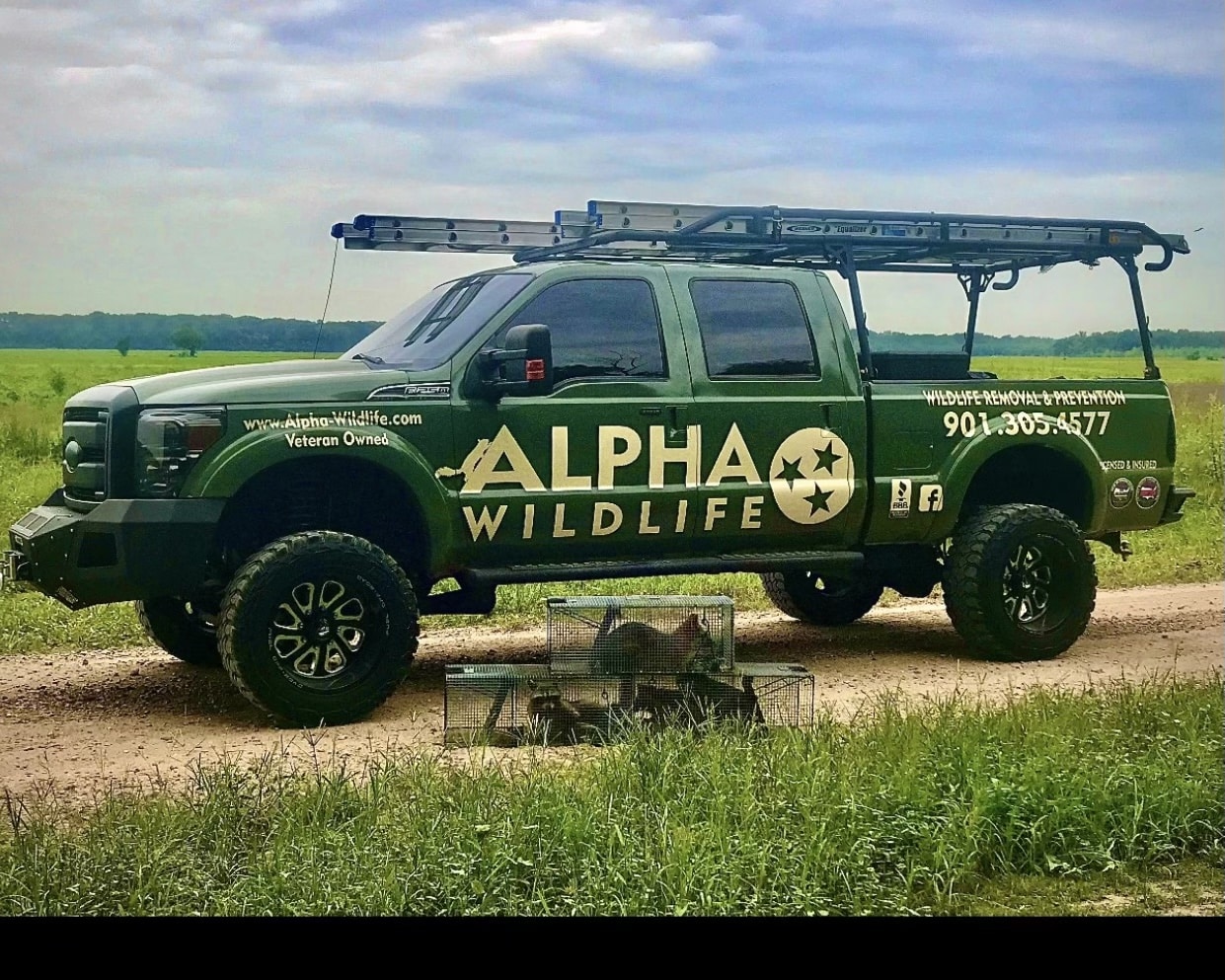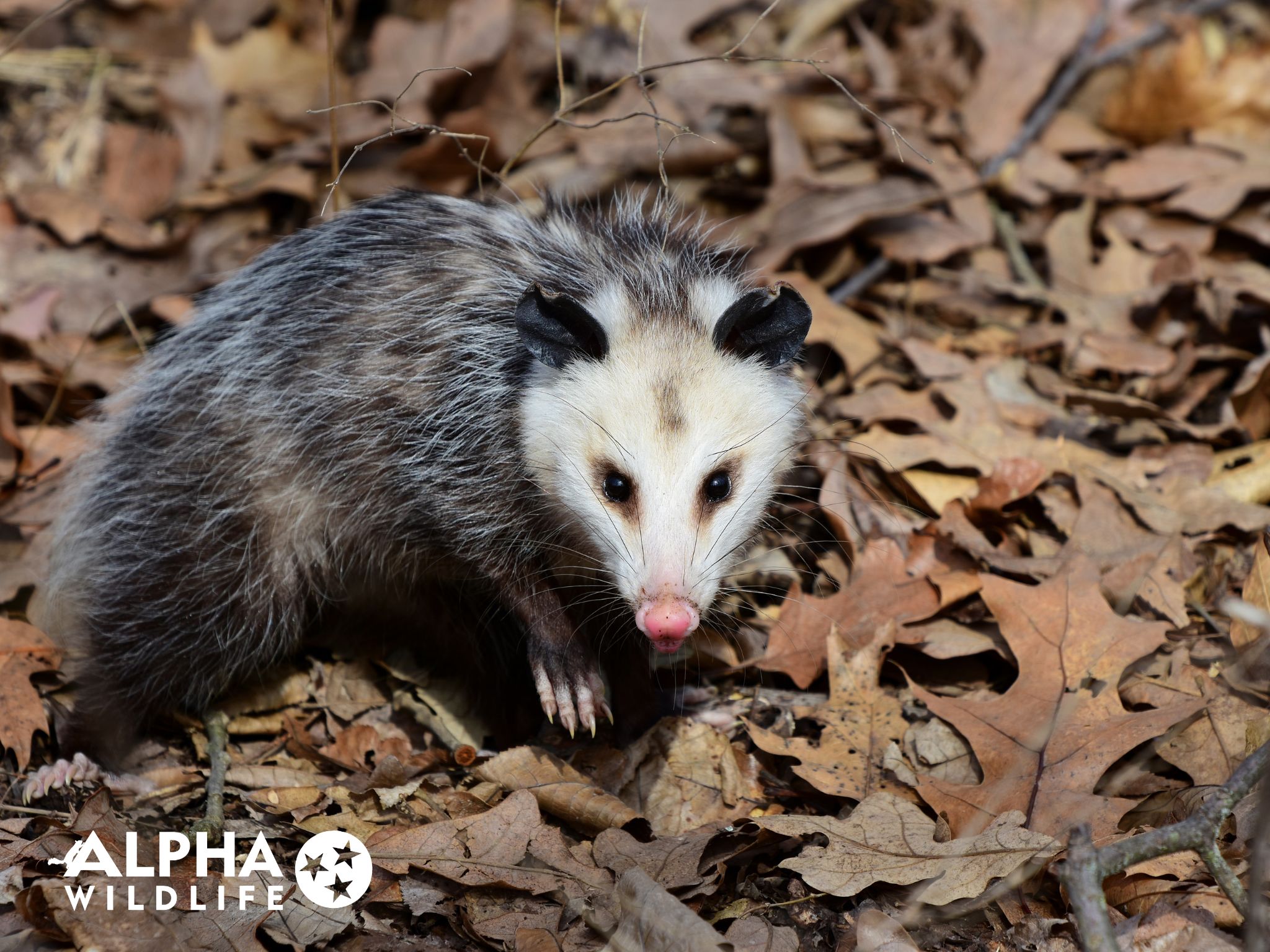Raccoons in the Attic? Here Are 4 Signs to Look For
Raccoons are among the most common nuisance animals that love making your attic their home. Attics provide raccoons with a safe and warm environment. Once raccoons access your attic, they’ll quickly get cozy and damage your home.
Here are some signs of raccoons in the attic.
1. Outdoor Signs of Raccoons in Attic
Raccoons are excellent climbers, and their unique claws help them climb trees and your home’s shingles. This can give them easy access to your roof, where they can penetrate shingles, wood, and metal. Raccoons seek higher ground to evade predators, so breaking into your attic is an ideal refuge. Outdoor signs you may have raccoons living in your attic include:
- Claw marks and scratches on nearby trees, gutters, or siding
- Chipped, peeled, or broken material near rooflines and fascia
- Dusty or dirty raccoon paw prints around your home, near the roofline, or in the attic
- Overturned trash cans with trash and food scraps leading toward your home
- Seeing a raccoon hanging around your home, especially at night
Indoor Signs of Raccoons in Attic Damage
Once inside, raccoons continue destroying your attic insulation and use your attic like their personal toilet. If left unchecked, raccoon nests can easily cost thousands of dollars in damage. Damage and other indoor signs of a raccoon’s nest can include:
- Dark, round feces (about the size of a dog’s) in your attic
- Urine stains on the attic floor or insulation
- Pulled down, shredded, or scattered insulation
- Dusty or dirty raccoon paw prints around your home, near the roofline, or in the attic
- Bits of trash and food scraps in or near the attic
3. Smells Linked to Raccoons in the Attic
You’ll notice undesirable smells as raccoons continuously defecate and urinate in your attic. Any food scraps or trash brought in by raccoons will also decay and smell. Smells you may notice in your attic or upstairs include:
- Strong feces odor
- Pungeant urine smells
- Spoiled food odors
- Garbage or trash smells
4. Raccoon in Attic Sounds
Raccoons are nocturnal and usually make their presence known at night. These critters are noisy, and you’ll likely hear them moving around your attic while you’re inside your home. Noises you may hear coming from the attic include:
- Thumping or bumping noises that sound like footsteps in the attic
- Scratching or chewing sounds as raccoons damage your attic
- Hissing, growling, or high-pitched chitter sound
Are Raccoons in the Attic Dangerous?
Raccoons carry parasites and diseases that are dangerous to people and animals, including rabies. These critters are extremely intelligent and become territorial in their new homes. If disturbed, they are known to be vicious and bite, especially if they have kits. On average, female raccoons give birth to 4 kits but can have anywhere from 1-7 kits.
How to Get Rid of Raccoons in Attic
If you have a raccoon in the attic, removal should be handled by wildlife removal professionals. You do not want to remove raccoons yourself and risk being attacked and bitten. Instead, hire an experienced raccoon removal expert to help you safely remove these critters. At Alpha Wildlife, our experts are ready to remove raccoons from your attic and keep them out.
Learn more about our raccoon removal services today.


